| Origem | Literatura Estrangeira |
|---|---|
| Quantidade de Páginas | 64 |
| Acabamento | Capa Comum |
| Autores | A. A. Milne |
| Idioma | Tagalo |
| Edição | 0 |
| Selo | Ishi Press |
 Gato de Pelo Curto Inglês
Gato de Pelo Curto Inglês
Draft2Digital
R$ 93,40 à vista Maine Coon
Maine Coon
Draft2Digital
R$ 91,90 à vista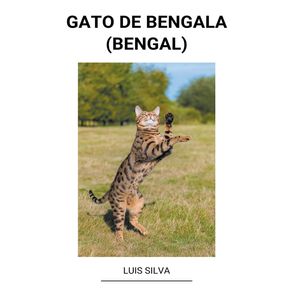 Gato de Bengala (Bengal)
Gato de Bengala (Bengal)
Draft2Digital
R$ 84,83 à vista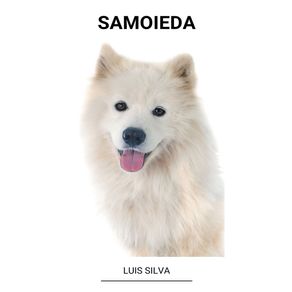 Samoieda
Samoieda
Draft2Digital
R$ 103,12 ou até 2x sem juros Pastor Alemão (Lobo-da-Alsácia)
Pastor Alemão (Lobo-da-Alsácia)
Draft2Digital
R$ 93,55 à vista The Do No Harm Dog Training and Behavior Handbook
The Do No Harm Dog Training and Behavior Handbook
Do No Harm Dog Training
R$ 173,89 ou até 3x sem juros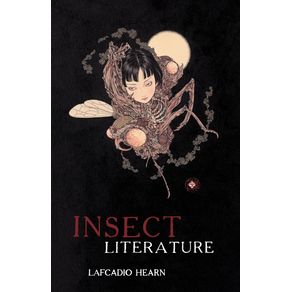 Insect Literature
Insect Literature
Swan River Press
R$ 169,27 ou até 3x sem juros The Complete Guide to Tibetan Terriers
The Complete Guide to Tibetan Terriers
LP Media Inc.
R$ 215,51 ou até 3x sem juros Runaway
Runaway
Longleaf Services on behalf of Univ of N. Carolina
R$ 236,59 ou até 3x sem juros My First Summer in the Sierra (Warbler Classics)
My First Summer in the Sierra (Warbler Classics)
Warbler Press
R$ 84,25 à vista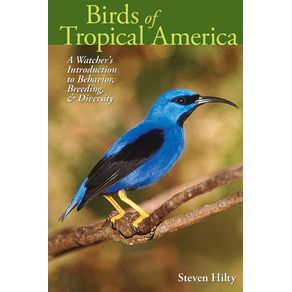 Birds of Tropical America
Birds of Tropical America
Univ of Chicago behalf of University of Texas
R$ 180,57 ou até 3x sem juros Las ciudades y los perros
Las ciudades y los perros
Lulu Press
R$ 96,37 à vista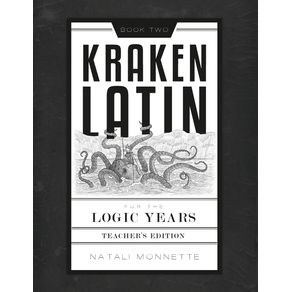 Kraken Latin 2
Kraken Latin 2
Canon Press
R$ 189,07 ou até 3x sem juros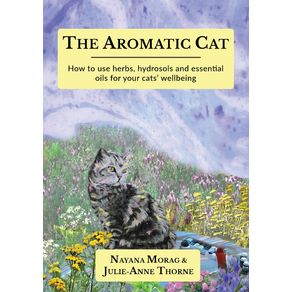 The Aromatic Cat
The Aromatic Cat
Nayana Morag
R$ 172,12 ou até 3x sem juros Beautiful Joe
Beautiful Joe
Hunza Natural Foods LLC
R$ 138,66 ou até 2x sem juros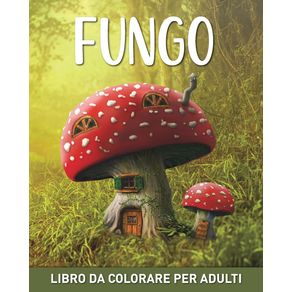 Fungo Libro da Colorare per Adulti
Fungo Libro da Colorare per Adulti
Blurb
R$ 106,08 ou até 2x sem juros Gato de Bengala (Bengal)
Gato de Bengala (Bengal)
Draft2Digital
R$ 84,83 à vista Psicologia Canina e Comportamento Canino
Psicologia Canina e Comportamento Canino
Draft2Digital
R$ 91,03 à vista Pastor-Australiano
Pastor-Australiano
Draft2Digital
R$ 93,01 à vista Equitação Natural
Equitação Natural
Draft2Digital
R$ 92,96 à vista The Do No Harm Dog Training and Behavior Handbook
The Do No Harm Dog Training and Behavior Handbook
Do No Harm Dog Training
R$ 173,89 ou até 3x sem juros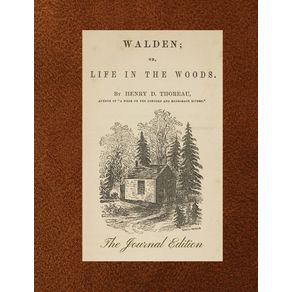 Walden (The Journal Edition)
Walden (The Journal Edition)
Great Pond Press
R$ 125,61 ou até 2x sem juros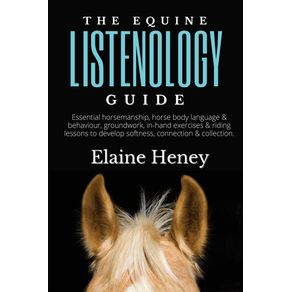 The Equine Listenology Guide - Essential horsemanship, horse body language & behaviour, groundwork, in-hand exercises &
The Equine Listenology Guide - Essential horsemanship, horse body language & behaviour, groundwork, in-hand exercises &
Grey Pony Films
R$ 168,82 ou até 3x sem juros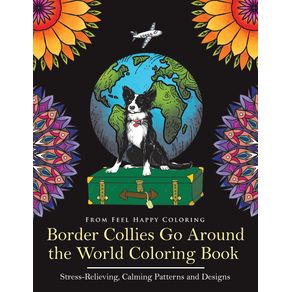 Border Collies Go Around the World Coloring Book
Border Collies Go Around the World Coloring Book
Feel Happy Limited
R$ 73,72 à vista The Complete Guide to the English Mastiff
The Complete Guide to the English Mastiff
LP Media Inc.
R$ 215,81 ou até 3x sem juros The Complete Guide to Tibetan Terriers
The Complete Guide to Tibetan Terriers
LP Media Inc.
R$ 215,51 ou até 3x sem juros Shetland Sheepdog Training - Dog Training for your Shetland Sheepdog puppy
Shetland Sheepdog Training - Dog Training for your Shetland Sheepdog puppy
Draft2Digital
R$ 102,92 ou até 2x sem juros Geoengineered Transhumanism
Geoengineered Transhumanism
Elana Freeland
R$ 238,83 ou até 3x sem juros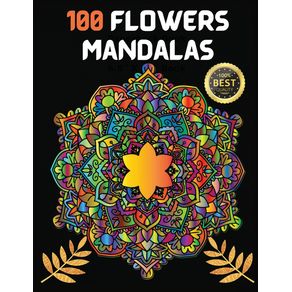 100 Flowers Mandalas
100 Flowers Mandalas
Raul.Vlad
R$ 78,18 à vista The Aromatic Cat
The Aromatic Cat
Nayana Morag
R$ 172,12 ou até 3x sem juros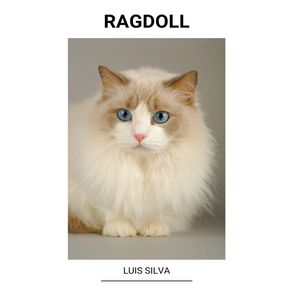 Ragdoll
Ragdoll
Draft2Digital
R$ 88,79 à vista Gato de Pelo Curto Inglês
Gato de Pelo Curto Inglês
Draft2Digital
R$ 93,40 à vista Psicologia Canina e Comportamento Canino
Psicologia Canina e Comportamento Canino
Draft2Digital
R$ 91,03 à vista Cane Corso
Cane Corso
Draft2Digital
R$ 90,10 à vista The Do No Harm Dog Training and Behavior Handbook
The Do No Harm Dog Training and Behavior Handbook
Do No Harm Dog Training
R$ 173,89 ou até 3x sem juros I Cant Watch Anymore
I Cant Watch Anymore
Epona Media A/S
R$ 126,39 ou até 2x sem juros The Complete Guide to the English Mastiff
The Complete Guide to the English Mastiff
LP Media Inc.
R$ 215,81 ou até 3x sem juros The Complete Guide to Tibetan Terriers
The Complete Guide to Tibetan Terriers
LP Media Inc.
R$ 215,51 ou até 3x sem juros Shetland Sheepdog Training - Dog Training for your Shetland Sheepdog puppy
Shetland Sheepdog Training - Dog Training for your Shetland Sheepdog puppy
Draft2Digital
R$ 102,92 ou até 2x sem juros Solid Air
Solid Air
Hancock House Publishers
R$ 210,91 ou até 3x sem juros 100 Flowers Mandalas
100 Flowers Mandalas
Raul.Vlad
R$ 78,18 à vista Walden and Civil Disobedience
Walden and Civil Disobedience
Mint Editions
R$ 144,59 ou até 2x sem juros Kraken Latin 2
Kraken Latin 2
Canon Press
R$ 189,07 ou até 3x sem juros The Complete Guide to Akitas
The Complete Guide to Akitas
LP Media Inc.
R$ 217,49 ou até 3x sem juros The Aromatic Cat
The Aromatic Cat
Nayana Morag
R$ 172,12 ou até 3x sem juros